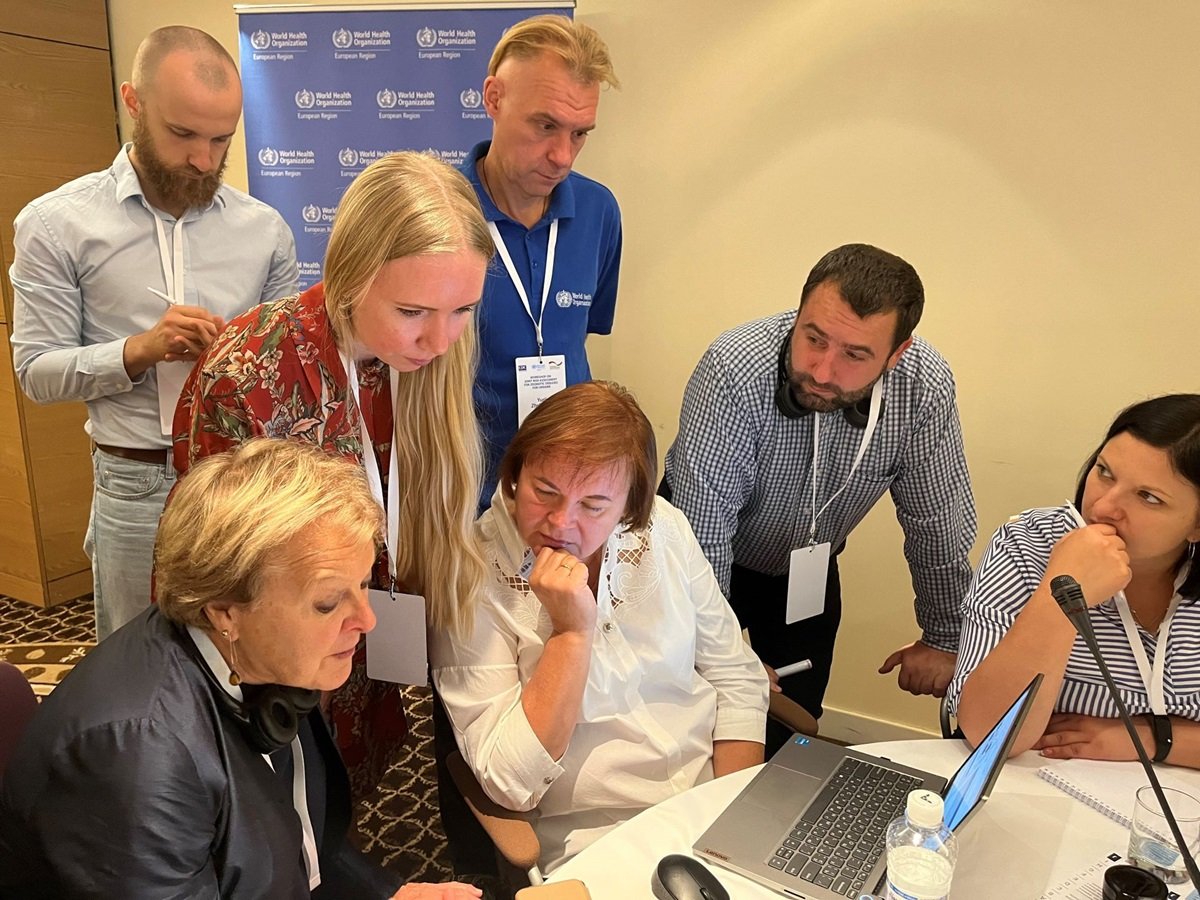The Joint Risk Assessment Operational Tool (JRA OT) was developed by the Tripartite (the Food and Agriculture Organization of the United Nations, World Health Organization, and the World Organisation for Animal Health). The tool proposes a facilitated approach guiding the various actors toward a comprehensive and consensual risk assessment for zoonotic diseases and other threats at the human-animal-environment interface. Since 2018, sixty-six Joint Risk Assessment Operational Tool (JRA OT) workshops have been conducted and further implemented across various countries. Different regions have adopted diverse models for training, application, and institutionalization of the tool.
Objectives
In this webinar, we aim to showcase how select countries have successfully adapted and embedded the JRA framework into their national processes, highlighting the scenarios in which it has been effectively utilized.
Speakers
Introduction of EPI-WIN, housekeeping, introduction to topic and speakers: EPI-WIN Science and Knowledge Translation, WHO
Welcome remarks: Stéphane de la Roque, Unit Head, Capacity Assessment, Planning and Readiness, WHO HQ
Introduction to the Joint Risk Assessment Operational Tool (JRA OT): Ong-om Prasarnphanich, Technical Officer, Capacity Assessment, Planning and Readiness, WHO HQ
Institutionalization of JRA in Canada: Jan Trumble Waddell, Director, Foresight and Risk Analysis, Public Health Agency of Canada
Institutionalization of JRA in Western Pacific region: Hien Do, Epidemiologist, WHO Vietnam
JRA rolling out in African region: Nasir Ahmed, One Health Lead, NCDC Nigeria, and Raymond Hamoonga, National One Health Collaborator, Zambia National Public Health Institute
Application in Eastern Mediterranean region: Heba Mahrous, Technical officer (One Health) WHO Regional Office for Eastern Mediterranean, and Lora Alsawalha, Public Health Officer (disease control), WHO Jordan
Application in European region: Peter Hoesjkov, Technical officer (Food Safety and Zoonotic Diseases), WHO Regional Office for Europe and Prof Dr Golubinka Boshevska, Head of the Laboratory for Virology, Institute of Public Health, Faculty of Medical Sciences, University Goce Delchev Shtip, North Macedonia
Application in South Asisa: Dr Narapati Dahal, Animal Health Specialist from the Department of Livestock, Bhutan
Q&A
Closing: EPI-WIN Science and Knowledge Translation, WHO
